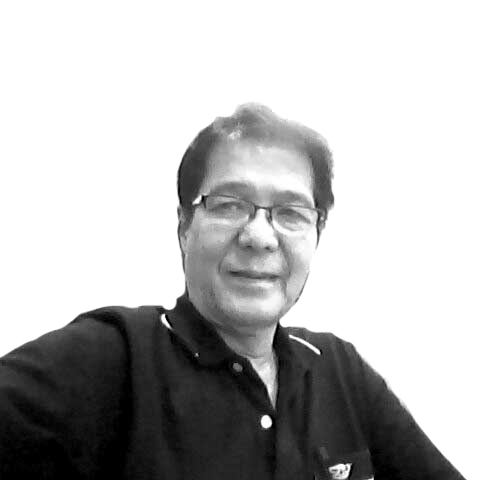
Without capitalism, how can labor (and the world) survive?
In a sense, this rationale sticks because capitalism provides the material incentives that propel manpower to strive and subsist.
However, in the strictest meaning, capitalism and labor co-exist. Without labor, capitalism would not have the hands that will man the machines and produce more profit for management.
In the Third World society that we live in today, capitalism has metamorphosed into a herculean brute – the oligarchy – silently but effectively worming its way to the top, leaving in its wake the wailing cries of labor asking for equity, more benefits and higher wages.
Capitalists are businessmen who invest (and gamble) their fortune in expectation of huge ROIs. They – wittingly or not – become oligarchs, a clique where only the few super rich tycoons and captains of industry are conjoined by common interests.
Capitalism has bred good and bad things. In my limited understanding, amidst the empirical surroundings that I have observed, capitalism has spawned a neo-geo-political sentiment and atmosphere that have contributed to polarization, both here and abroad.
As you have read in Forbes magazine, you can count by your little fingers the number of richest Filipino businessmen (and their families) included in its’ top ten list. They represent less than one percent of our total population. These mega-rich families and their ever-growing nouveau riche clan control and influence – to a great degree – the flow of business transactions in such areas as banking, oil, mining, manufacturing (food conglomerates), real estate development, airlines, shipping, export and import, energy, agri-based industries (poultry, cattle, swine, fish culture, etc.), media, construction, among others.
The World Bank lately has been on the road campaigning for all countries to invest in human capital. The rationale is that modern, hi-tech state of the art equipment and machines have been replacing manual labor that contributes to the increase in unemployment and under-employment world-wide.
Capitalists, whether we admit it or not, are now involved in the shaping of our political landscape.
The huge campaign expenses incurred by political aspirants and wannabes – both for local and national positions – have created a legit avenue for capitalists to dip their fingers into this “sensitive” activity.
Today, the sad reality is that every candidate complains of how he/she can generate funding to support his/her run for an elective post. Millions of pesos are now required to ensure a successful campaign even for lowly positions as barangay chairman, municipal and city councilor and much more for higher elective positions.
The question is then asked: Are capitalists expendable or not?
In this sense, while capitalism may be rearing its ugly head because it is an exploiter first and an influencer next, we cannot ignore the harsh reality that it will live here to stay.
Capitalists therefore are no longer just business investors.
They are king makers. They make – or unmake – presidents; senators who are presidents-to-be; senate presidents and speakers, and a host of other (ugly) things.
Consider whatever it means this statement of Thomas Jefferson, third president of the US, who said in his letter to his nephew Peter Carr: “Never fear the want of business. A man who qualifies himself well for his calling, never fails of employment.”
Capitalism is like a “corporation that has neither a physical body to be punished nor souls to be damned” (with attribution to Edward Lord Thurlow).
Be that as it may, a country like the Philippines is like a hungry lion looking for its prey.
In conclusion, let me quote the Bible: “For the love of money is the root of all evil.” (Email your feedback to fredlumba@yahoo.com.) GOD BLESS THE PHILIPPINES!



